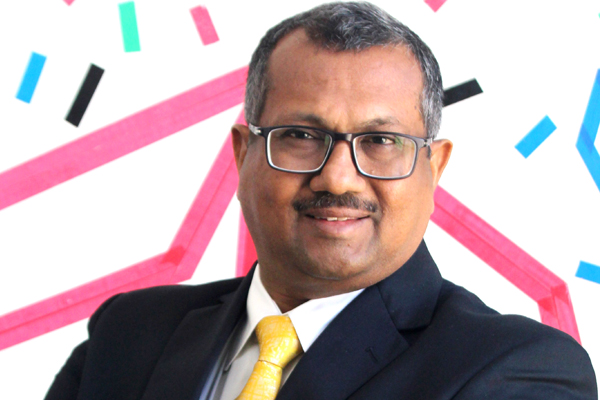
The National Education Policy (NEP) 2020 while providing a short & crisp framework document greatly simplifying the regulatory structure for the sector has incorporated many features addressing some of the problems of the second and third world highlighted above says Prof (Dr.) Sanjay Gupta, VC, World University of Design, Haryana in a conversation with Elets News Network (ENN).
A little over two decades back, two leading industrialists of India – Mukesh Ambani and Kumarmangalam Birla, in a report made some perceptive observations about the state of affairs in the education sector of India. In their exact words “While the larger world embraces the information age, the world of education in India encompasses different ‘worlds’ that live side by side. One world includes only a fortunate few with access to modern institutions, computers, Internet access and expensive overseas education. A second world wants to maintain status quo – teachers, administrators, textbook publishers, students – all have reasons to prefer things to remain as they are or change only gradually. The third world struggles with fundamental issues such as no books, wrong books, teachers desperately in need of training, teachers with poor commitment, rote learning of irrelevant material, classrooms with hundred students, dirty floors and no toilets. India cannot hope to succeed in the information age on the back of such three disparate worlds.”
The National Education Policy (NEP) 2020 while providing a short & crisp framework document greatly simplifying the regulatory structure for the sector has incorporated many features addressing some of the problems of the second and third world highlighted above.
Also read: PM Modi to deliver speech on New Education Policy
While implementation of the policy is envisaged over the next 15 years, for the higher education sectors there are some low hanging fruits that can be harvested in five or fewer years. These include freeing up undergraduate students to take courses across all disciplines; launch of a four-year bachelor’s degree; opening India to foreign universities, and creation of a National Research Foundation.
Changes such as permitting undergraduate students to take courses across all disciplines, launch of a four-year undergraduate degree, and autonomy to leading colleges can be implemented even within the current legal structure in higher education. The simple addition of a year after 12+3 will help students become eligible for many top-ranked global programmes and remove unique barriers that Indian students have faced in the past. The biggest differentiator in Indian vs. International education has been the academic flexibility that one experienced abroad. The NEP 2020 with flexibility and multiple exit options, including a one-year master’s programme and focus on digital education, will surely impact future students.
Another good suggestion is that of scrapping the MPhil degree. It was meant to hide a lot of disguised unemployed, by spending two more years in the university, given the fact that the Indian economy is unable to absorb these students in proper jobs, not to mention the unemployable nature of the MPhil when the highest academic degree gets precedence over a masters research degree.
In the last two decades Chinese universities have shown that a focused approach can lead to fantastic outcomes. NEP 2020 should lead us there.






















